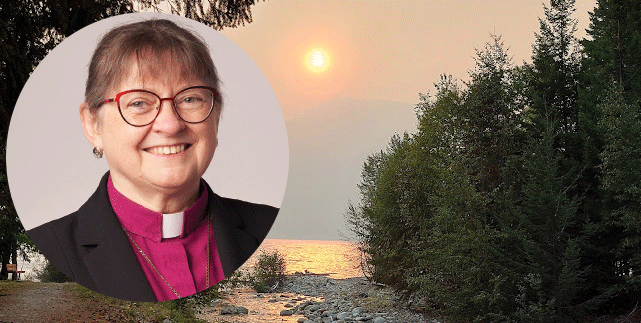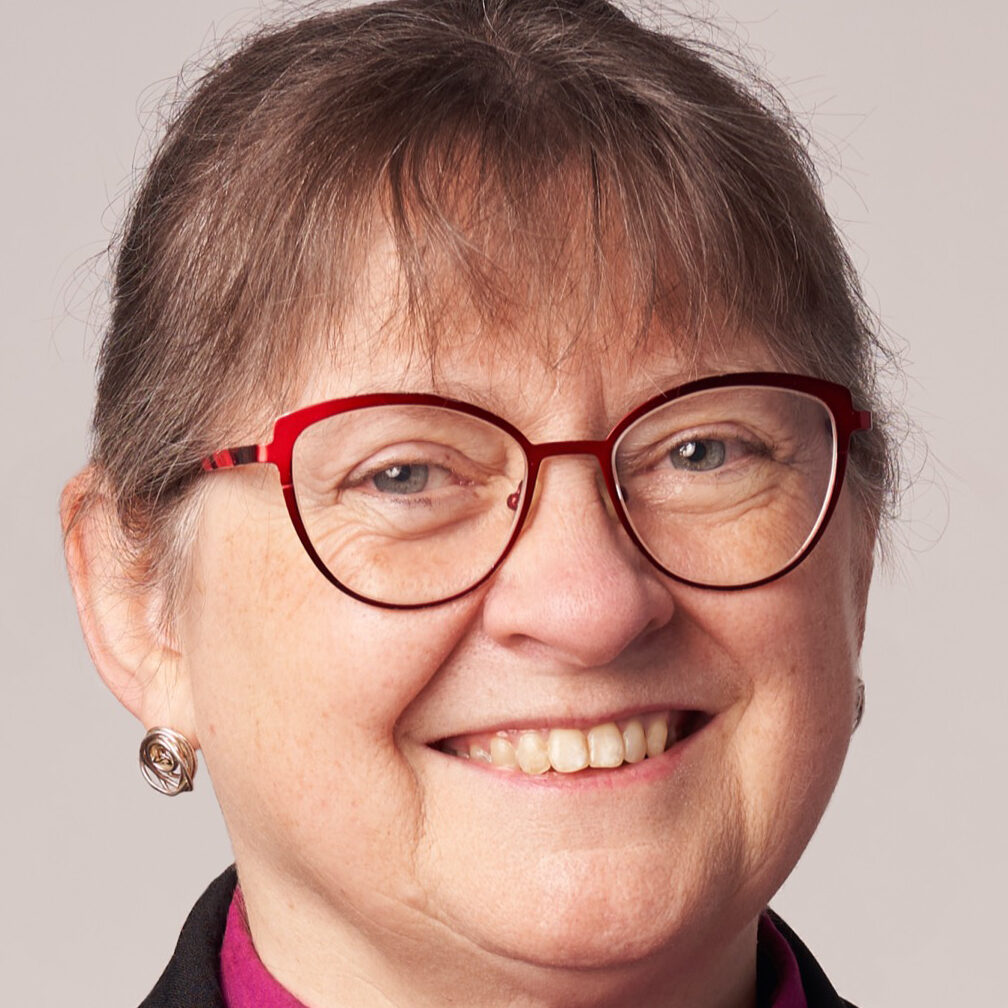I remember my first week of classes at Vancouver School of Theology. I was so full of joy and excitement, awed by the privilege of entering formal theological education. I was enraptured by Lloyd Gaston, my New Testament professor, perhaps intimidated by his fierce, intense critical intelligence. (He had studied with Karl Barth, famous 20th century Reformed Theologian, but I didn’t know that then or what it meant). One day in class Professor Gaston announced “Sola Scriptura,” the Reformation understanding that Scripture is the only revelation of God. This was news to me! When class was finished at noon, I went out and stood on the steps of the “Castle”, the old building on UBC campus, with its breath-taking view over the North Shore Mountains, the Salish Sea, towering Douglas Firs on the cliff, and the blue Pacific Ocean sparkling below me. And I thought “No Way”! I realized I profoundly disagreed with Barth’s (and my professor’s) theology. Scripture is not “the only revelation of God”!
Yes, scripture is one revelation, a crucial one, the ancient yet ever new stories of God and God’s people over centuries, the teachings of Jesus, the formation of the early Church. This year marks 42 years since I started at VST, and I do not recall one instance in those 42 years when I have tired of reading the Bible, or been bored by the study, preaching, teaching, of Scripture.
Hymn 475 in Common Praise states this experience well:
Not far beyond the sea, nor high above the heavens,
but very nigh, your voice O God is heard.
You have more truth and light to break forth from your holy Word.
Yes, God is revealed in Scripture.
Yet, confronted by “Sola Scriptura” thinking, as I looked out at the vista of mountains and ocean, full of awe, as I had just moved from the prairies, I knew deep within the core of my being, in some pre-cognitive intuitive childhood knowing, that I first knew of God from Creation itself.
I smile to think of it now, but the last day before I moved out to Vancouver, a little nervous, I had walked out onto the prairie, where I often prayed, and said to the God I knew in the eternity of flat land and immensity of sky, ”Where will I speak to you in Vancouver?” Only, of course, to burst out laughing in joy when I first saw the ocean and “the old eternal rocks”, places where it was easy to feel God’s presence, where I could talk and listen to the Holy One.
I think it is imperative in our time to nurture this sense of Creation as God’s self-revelation, to honour the holiness of Earth and the beauty and abundance around us. Our denigration of Earth has brought us to a crisis point, and part of reclaiming right relationship with Earth is to steep ourselves in the sacredness of the very ground we walk on. I fear the dark side of the Reformation understanding that God is only revealed in Scripture focused the Church too much in our intellectual understanding of God, separating us from the holiness of bodies and creatures and Earth. This separation made it easy for us to harm the Earth, to misuse it. There is still a dangerous theology in some forms of Christianity today that separates God from God’s creation, looking at salvation as only salvation of individual souls, making our treatment of the earth irrelevant to our faith. The Biblical vision of God’s salvation is Earth healthy and restored.
Where is God revealed to you? I wonder when you feel closest to the holiness of life? How do you nourish conversation with your Creator?
Meister Eckhart, the German Mystic, says that every creature is a book about God.
In our new hymn book Sing a New Creation, #92 “In Sacred Manner May We Walk” the last two verses:
In sacred manner may we live
Among the wise and loving ones,
Sit humbly, as at sages’ feet,
By four-legged, finned, and feathered ones.
The animals will teach.
In sacred manner may we walk
Upon the fair and loving earth,
In beauty move, in beauty love
The living round that brought us birth.
We stand on holy ground.
( Susan Palo Cherwien, 1997)
I pray that this summer affords you time to contemplate God in many creatures. May you find ways to nurture your relationship with Creation, to fall in love again with the beauty and wonder of life and thus with the Creator of Life. Love of Creation will break your heart, as we face the woundedness, but it will also draw you closer to God. May this love of Earth pull you out of numbness and energize you to fiercely protect God’s good Earth.
Hymn: 414 Common Praise (Jaroslav J. Vajda)
God of the sparrow, God of the whale,
God of the swirling stars
How does the creature say Awe?
How does the creature say Praise?




